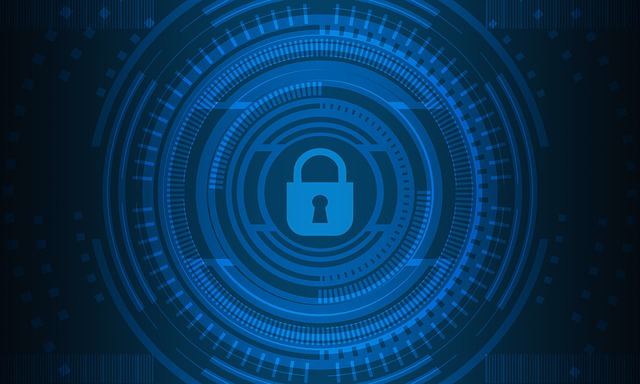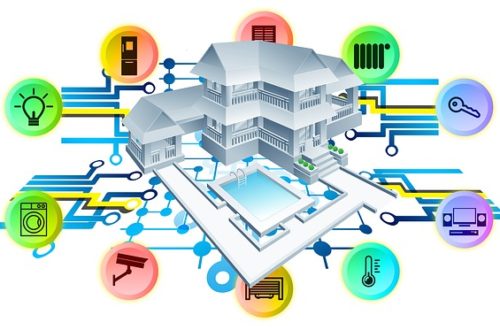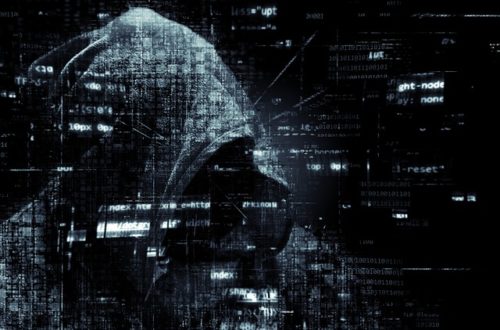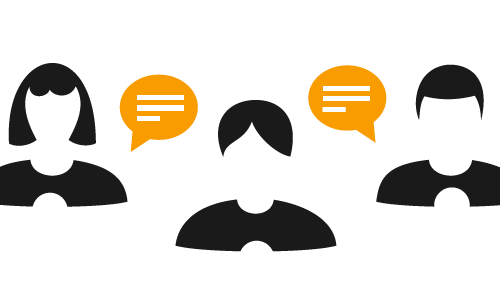A Future Full of Holes: Cybersecurity is Still Failing Us

Cybersecurity is the elephant in the room that too few people are talking about. The threats posed by hackers and cybercriminals affects us all on multiple levels — financial, personal, and as a matter of national security.
For example, the healthcare industry has been experiencing serious and debilitating breaches for years.
“Personal information and healthcare records are 10 times more valuable than credit card information, thus making them lucrative targets for hackers,” write the experts at Norwich University Online.
Social media monolith Facebook has recently suffered a spat of bad headlines due to cybersecurity problems and failure to keep private the platform’s user data. The company recently made headlines over cybersecurity again, however, this time with a more positive spin.
Sources speaking with The Information have claimed that Zuckerberg and co. are planning to purchase a “major” cybersecurity company. This is, perhaps, in direct response to the recent troubles that they’ve had.
“Between the hack and previous incidents like the Cambridge Analytica scandal, Facebook’s trustworthiness has taken a tumble,” writes Jon Fingas for Engadget. “A large purchase would signal that the company is serious about upgrading its security, even if the newly-bought technology is only partially useful.”
Everybody is at Risk
The problem that most people face when it comes to protecting their information is simple ignorance. Plenty are unaware of the extent of information that they’re giving to Facebook and other service providers when they use their services. Even more are unaware of just how valuable that information can be to a cyber-criminal. From a piece on the University of Cincinnati’s website, titled “The Modern Thief (Cyber-Criminal)”:
“Each piece of data that a cyber-criminal, or more accurately a cybercrime network, can steal is worth a certain price point on the black market. The last four digits of your social security number are useful on their own, but when coupled with a bank account number or credit card it becomes a goldmine. Even seemingly benign data like your birthday, your hometown, and your mother’s maiden name is valuable on the black market.”
Another problem is that consumers blindly trust coders and manufacturers to have their best interests at heart by providing secure products and solutions. Unfortunately, this just isn’t the case.
A recent scan of 700 of the most popular Android apps found on the Google Play store revealed that 20 percent of the apps contained open source components with known security vulnerabilities. Tilly Holland, covering Android vulnerabilities for Ontrack, puts this in perspective.
“Imagine if 20 percent of the whole of the Google Play Store had these security vulnerabilities,” she writes. “That’s 20 percent of 3.3 million, which equates to a whopping 660,000 apps… when you think about how phones have become mini personal organisers, with people and businesses relying heavily on them to store both personal information and financial data, there could be a real risk to users.”
Until users start educating themselves and demanding better securities from governments and manufacturers alike, the vulnerabilities will persist. Hopefully, we’ll demand these solutions before our very democracy itself falls victim to cyber-attackers.
Government Digitization and Election Hacking
Worldwide digital transformation means that almost everything will have a technological component to it in the future. In 2008 the government began to utilize social media to an astounding degree, to disseminate information, to communicate with donors, voters, and citizens of all types. Today, the 45th President of the United States tweets daily, for better or worse, marking an interesting chapter in the evolution of public communication.
Trump’s entire campaign was permeated with cybersecurity drama, ranging from Wikileaks documents outing Hillary Clinton and the Democrats’ internal processes, to accusations that the election itself was influenced by foreign actors. This was the first time that the U.S. has really had to consider the ramifications of election hacking and poor cybersecurity implementation — and it won’t be the last.
As we move forward, the world will continue to transform digitally. We’ll trudge into new and dangerous territory, whether we’re aware of these dangers or not. It’s up to the public to raise their voices in unison to say “our future is full of holes — cybersecurity is still failing us — and we’re not going to take it anymore.”
Would you like to receive similar articles by email?





